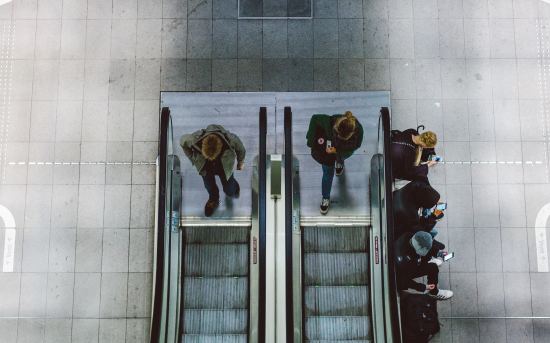

As I sit to write this, I am moved to tears. I am feeling so many emotions at once—my own and those of the World. There is a powerful undercurrent of change that is brewing, and there are so many of us who do not even know we are being distracted from it.
We have been so focused on conversations that fix symptoms of deeper issues. This is a very western philosophy—take the pill to navigate the symptom, but don’t look for or address the root cause.
Each conversation that is being had is very necessary, and I am grateful to see what they are bringing to light. However, in many cases, we are getting stuck on a hamster wheel and they are sidetracking us from the REAL conversation.
The REAL question we need to be asking is, “When and how did we lose each other?”
When I was in high school, a friend of mine brought a gun to school. He was someone who spoke about suicide a lot, and I had been trying to discern for a little while whether he was serious. That day, he showed me the weapon. I remember asking why he brought it and what he planned to do with it. I don’t recall him having a plan, and it never occurred to me that he might use it on anyone but himself.
A concerned friend anonymously went to the Dean and expressed concern about his suicidal thoughts that day. (S)he asked that the dean search his bag. The weapon was found, his parents were called, and the situation was handled. I don’t know exactly how, but I do know that he is still alive today.
The same things are happening right now. This is nothing new. The difference is that we don’t see each other anymore. We don’t trust each other enough to share what’s going on, to listen when another tries to share, or to see anything past that little screen in front of our faces. We are missing major cries for help.
As we strive to numb ourselves, we are purposely avoiding the opportunity to connect. It is uncomfortable to look at why we are choosing to detach, why we are more comfortable communicating through our devices than eye contact and intimate conversation.
Addressing this larger issue would involve changing ourselves. It would involve looking at addiction and where we have become vulnerable to outside influences. It would involve giving up our various pacifiers and having to look at all of the hard stuff we avoid when we are using them.
It is much easier just to keep asking someone else to make the changes as we stare at our screens and wait for it to happen. It is much easier to like and share videos of “real people” using their voices. Are we even sure that they are not actors?

What can we do?
- Once a day, put down the phone. Have a conversation with someone. A real conversation. Practice listening. Notice where this gets hard and how you want to grab your phone at those moments.
- Ask. When you know that others are going th through something difficult, reach out to them. Ask how they are. Make the phone call. Invite them for tea, go visit. Make the effort.
- Don’t ignore the warning signs. When you have a feeling that something is off with a person, even if it is “just” a gut feeling and there is nothing to substantiate it, LISTEN. If there is a way for you to reach out to him or her, do it. If there is not, speak with someone who knows how.
Incidents don’t just happen. There are always plenty of missed warning signs when looking back. Hindsight is 20/20. Foresight is medicine.
Today, in order to get noticed, my friend would have had to post on social media, “I have a gun. I don’t know what I intend to do with it, but I am in a great deal of pain.”
I have to wonder, would he have gotten what he needed? Would he have gotten anything more than likes?
Let's reclaim our personal power by seeing each other and not being afraid to look at root cause. Let's notice when we are distracted and goaded into a reaction instead of waiting until we are clear and centered to take an action.
Let's take our humanity back.
